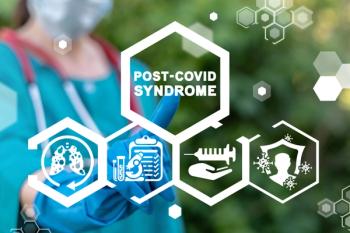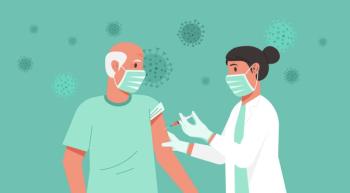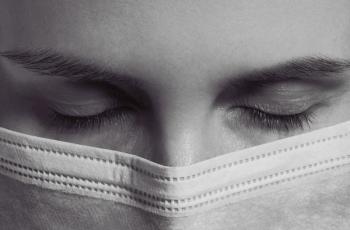
Patient Care in the Age of COVID
As we navigate uncharted waters on the pandemic front, John J. Miller, MD, shares his thought about this important topic and what he is doing differently both professionally and personally.
As we navigate uncharted waters on the pandemic front, John J. Miller, MD, shares his thought about this important topic and what he is both professionally and personally. Dr Miller is is Medical Director, Brain Health, Exeter, NH; Editor in Chief, Psychiatric Times; Staff Psychiatrist, Seacoast Mental Health Center, Exeter, NH; Consulting Psychiatrist, Exeter Hospital, Exeter, NH; and Consulting Psychiatrist, Insight Meditation Society, Barre, MA. He is Editor in Chief of Psychiatric Times.
Heidi Anne Duerr, MPH (HAD): What are you doing differently during this pandemic both professionally and personally?
John J. Miller, MD (JJM): On the personal front, I'm doing what we all have been encouraged to do, which is basically staying at home. I did I work Monday at our clinic, which is right in the town I live, and I worked all day. A little over half of my scheduled patients showed up but, from that point forward and virtually on a daily basis, we are continuing to modify clinic policies to minimize risk and maximize safety for everybody.
Professionally, one of the big things for us was the canceling of the annual American Psychiatric Association Meeting. It is always a great meeting. You get to collaborate, see lots of colleagues, and we have our Psychiatric Times meeting there. All of that that was cancelled on Sunday night and we have to put safety ahead of everything else-so that's where we stand.
HAD: How have things changed for you in your clinic over the past few weeks?
JJM: We have an excellent team from our CEO right down to the psychiatrists and the nurses and all the team leaders. We have about 260 employees. We have two clinical sites, one in the town where I live and one about 15 miles away. We see about 6000 patients in total and so it is a pretty large population. Our team goes out on a daily basis to see high-risk patients; we have case managers that do things like bring patients to appointments or grocery shopping or checking in. We have outreach therapists that go to go to clients’ houses and will actually do therapy right in the house if patients have trouble getting into the clinic. We go into the school systems and we do consults at the local hospital.
We cover the emergency department, so we are pretty big system and we traditionally have been opened 8:00 AM to 8:00 PM Monday through Thursday and all day Friday. So just in this past week, there have been literally daily changes in response to the dynamic situation here at the beginning of the week here in New Hampshire. I believe we had 12 confirmed cases and now we are at just over 30 confirmed cases, so we're a small state but the numbers are slowly heading up as they are everywhere.
Some of the big changes we have enacted this week is we are limiting our clinic hours to shorter periods of time and then a major change at both clinics before anyone can come in the front door, they have to go through the CDC-recommended screening questions. If there is any concern or possibility that the person might be infected, we ask them not to come into the building. We then give them appropriate options as alternatives.
Secondly, an important and necessary decision is we do a lot of intramuscular injections for long acting injectables and other various medications. The psychiatric nurses at both clinics have developed a protocol where they are only going to do injections half a day on Tuesdays and Thursdays, whereas before it was pretty flexible. Before, the case manager could bring patients in when it was convenient or when there was an appointment, but now we have those very clear limited times that patients will be able to come in and get their injections, again as long as they pass that screening before they enter the clinic.
The biggest changes the clinic is aggressively working with our excellent IT team to roll out a platform like Zoom. It is one of the platforms are we using as well as Telepsych. We are going to do as much direct patient care as we can, so case managers, therapists, outreach specialist, psychiatrists, nurse practitioners, and psychiatric nurses that whenever possible, at least for the foreseeable future, we will be doing as much telepsychiatry as we can so that will be able to deliver our treatment for our patients but at the same time maximize safety and through isolation and kind of reinforcing the importance of the self-quarantine.
Newsletter
Receive trusted psychiatric news, expert analysis, and clinical insights — subscribe today to support your practice and your patients.







